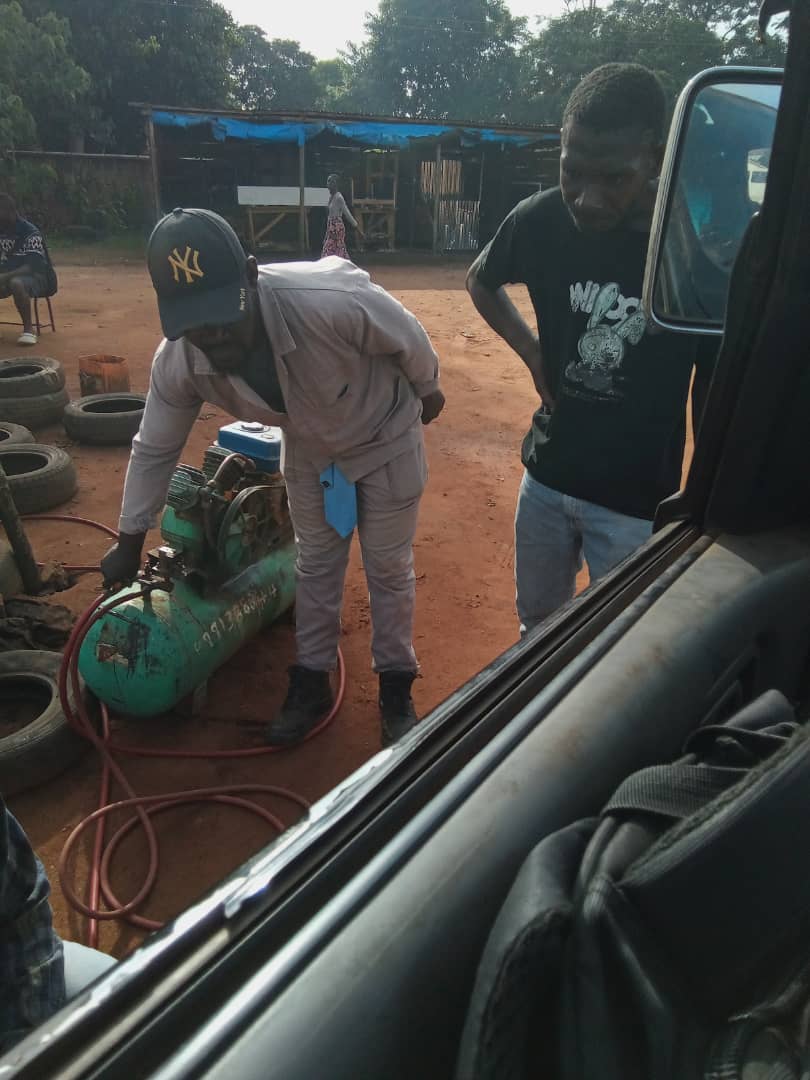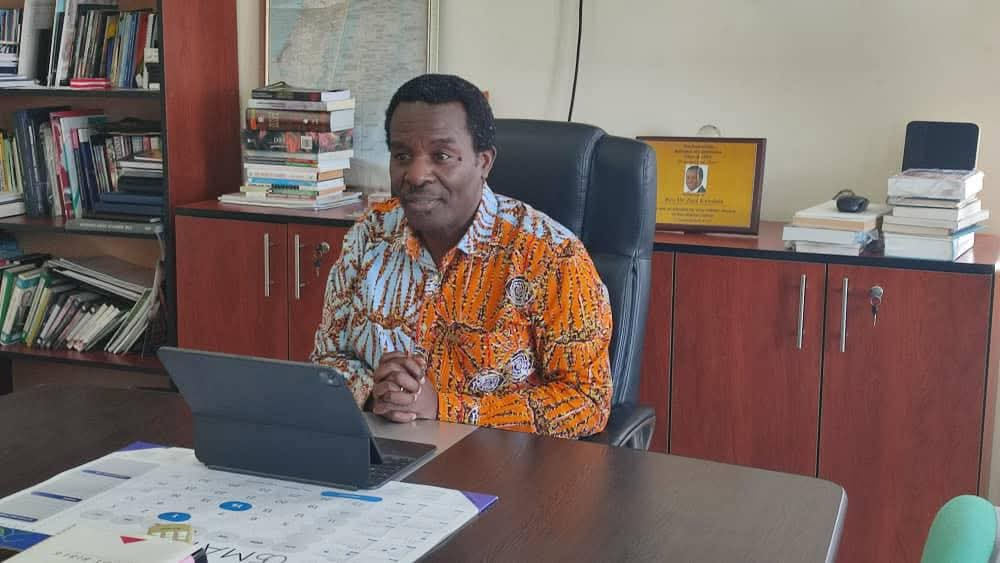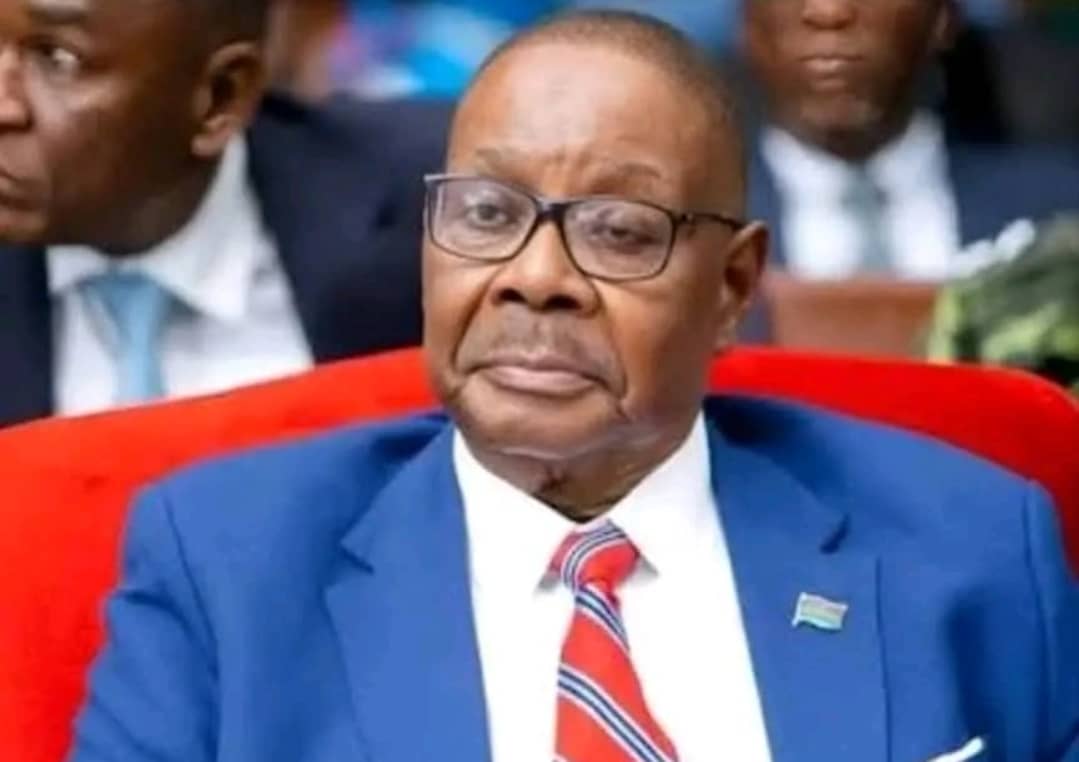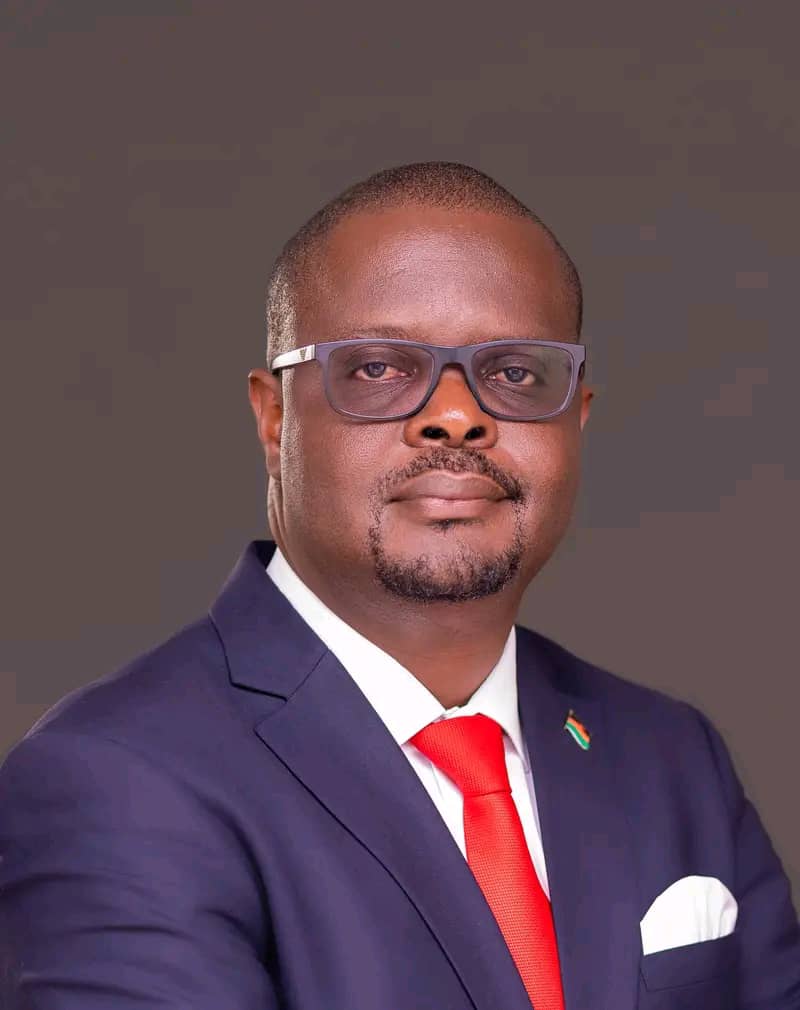By Burnett Munthali
On Sunday, February 9th, 2025, I set out early from home, walking past a seemingly calm street in Lilongwe, where the sky was partly cloudy, yet the weather remained unpredictable as it often does here. As I continued down the road, I couldn’t help but notice a young man ahead of me, his trousers so tight and short they barely touched his shoes. In my day, this style of dressing was humorously referred to as “don’t touch my shoes,” a term we used to tease one another when someone’s trousers didn’t make contact with their shoes. What was once the subject of mockery has, however, become a fashion statement in today’s Malawi, particularly among the younger generation. For whatever reason, many young men, despite this trendy style, also forgo wearing socks, adding another layer to this evolving fashion.
As I walked through the streets of Chilinde and CCDC, the road was noticeably quieter, with only a few pedestrians making their way about. This could only mean one thing: most people had already gone to church, as Sunday mornings in Malawi are typically reserved for religious gatherings.
During my walk, I crossed paths with an old colleague, someone I had worked with in two different organizations in years past. After a brief exchange of pleasantries, he asked where I was headed at such an early hour. I explained that I had some business to attend to in Kaphiri, Lilongwe. He laughed and remarked, “What else can we do in this economy? We have to run up and down just to make ends meet.” It was a sentiment that resonated with me. The cost of living is soaring, and it seems like every Malawian is scrambling to stay afloat, with rising prices making it harder to balance the budget.
He shared that he had just dropped his wife off for prayers and would soon take his daughters to another location before heading to Area 10 and then to Area 11. His day seemed set to be filled with errands and responsibilities, as it often is for many Malawians trying to make a living in this tough economy.
As I continued on my way, I was hailed by a minibus conductor. “Are you ready to board?” he asked, and I gave him a nod to confirm. We climbed into the minibus, which was on its way to Kaphiri. The minibus ride, like most in Malawi, was an eventful one, full of conversations that ranged from trivial matters to more serious discussions about the state of the country.
As we made our way through the busy streets, one of the passengers, a young man sitting on a bench inside the minibus, suddenly shouted a slogan: “Boma ndi lomweli!” (This government is the same). The words were shouted with fervor, but the reaction they elicited was not one of approval. According to the minibus driver, a similar slogan led to a horrifying incident earlier in the year. He recounted how, on another trip, a passenger who had dared to speak in favor of the government was stabbed three times by other vendors on board. The vendors, who were upset about the increasing cost of living, particularly the rise in bus fares from MWK 3,000 to MWK 8,000, turned violent when they overheard the passenger’s support for the government.
The driver, visibly shaken as he told the story, explained how he had to cancel his trip that day due to the bloodshed that stained his minibus. The tension was palpable, and it underscored the frustration that many Malawians are feeling under the current economic climate.
After that chilling story, I took another taxi at the Petroda filling station, still on my way to Kaphiri. As we drove, a heated debate broke out among the passengers regarding the rising cost of living and the current state of the economy. Some passengers voiced their discontent with the government, particularly President Lazarus Chakwera, blaming him for failing to improve the economic situation. They argued that the leadership had failed to address the root causes of inflation and the economic hardships that many families face.
However, there were also passengers who defended the President, arguing that the economic crisis was not entirely his fault. One passenger pointed out that the devaluation of the local currency was a necessary step, given that the previous government had falsified economic data and left behind a volatile economy. Another passenger echoed the sentiment, arguing that the economic challenges faced by Malawi were part of a global trend, citing his recent visit to Zimbabwe as an example of how economic struggles are not unique to Malawi.
The debate quickly escalated, with one speaker challenging the relevance of the Zimbabwean example, stating that Zimbabwe’s economic collapse was due to long-term mismanagement and that the lack of democracy there was an additional factor. The conversation then shifted to Zambia, with another passenger arguing that Zambia’s economy was doing better than Malawi’s because of better leadership and less corruption.
As the debate continued, I couldn’t help but reflect on the broader implications of this conversation. The economic challenges in Malawi are not just about inflation and rising prices; they are also tied to deeper issues of governance, leadership, and corruption. The division of opinion among the passengers showed that there is no clear consensus on the causes of the country’s struggles, but it was evident that many people felt disillusioned and desperate for change.
At this point, I arrived at my destination in Kaphiri. As I exited the taxi, I wished I could have stayed longer to hear the conclusion of the discussion, as the passionate exchange of ideas was a clear indication of the frustration and uncertainty that many Malawians are experiencing. The journey had given me a snapshot of the diverse perspectives that people have on the country’s leadership, economy, and future.
As I walked towards my business appointment, I couldn’t help but feel a sense of unease about the future of Malawi. The road ahead is uncertain, and the challenges facing the nation seem insurmountable. However, as the debate in the minibus showed, there is a glimmer of hope in the engagement of the people, in their willingness to discuss, question, and seek solutions to the pressing issues that affect them all.




